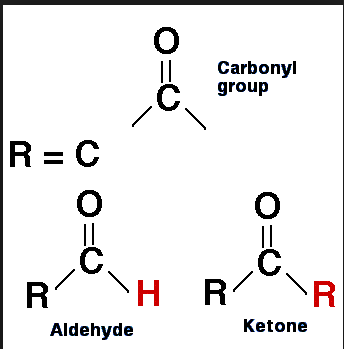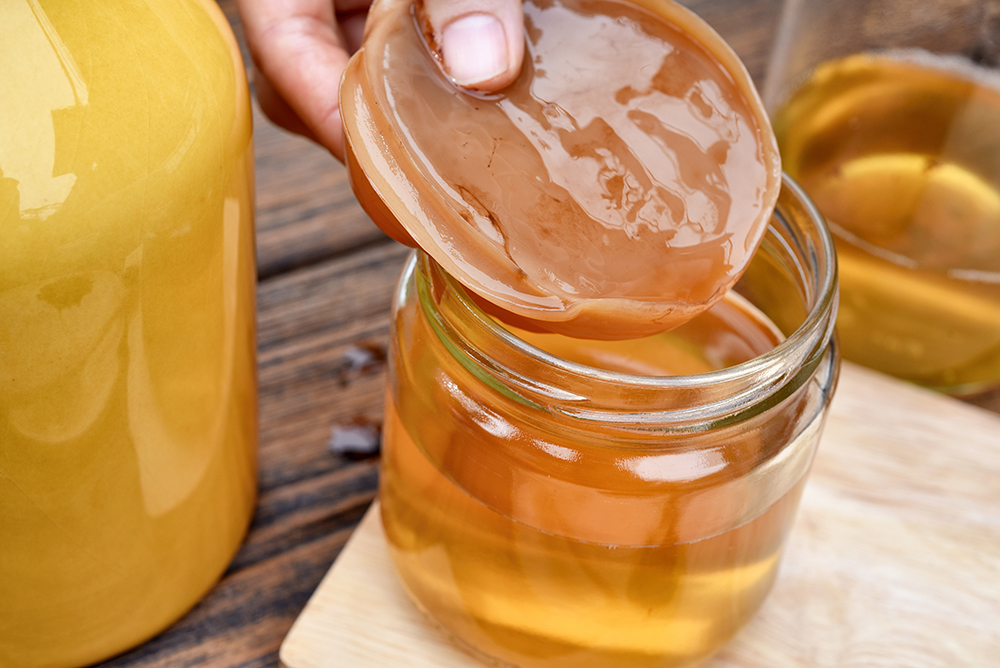is aldehyde toxic Aldehyde molecule nucleophiles aldehydes english chemical language communication problems virginia tech alchol nightclub e2 their reactivity because many high react
Hey there! Today, let’s dive into the fascinating world of aldehydes and ketones. These organic compounds have a wide range of applications and are found in various natural and synthetic substances. So, let’s explore their natural occurrence and the process to convert aldehydes into carboxylic acids.
Natural Occurrence of Aldehydes and Ketones
 Aldehydes and ketones can be found abundantly in nature, playing important roles in different physiological and biochemical processes. They are present in various fruits, vegetables, and plant extracts, contributing to their distinct flavors and aromas.
Aldehydes and ketones can be found abundantly in nature, playing important roles in different physiological and biochemical processes. They are present in various fruits, vegetables, and plant extracts, contributing to their distinct flavors and aromas.
One example is cinnamaldehyde, which gives cinnamon its warm and sweet smell. It is found in the bark of cinnamon trees and is responsible for its use in both culinary and medicinal practices.
Furthermore, aldehydes and ketones are also produced during the oxidation of alcohols. This reaction is commonly used in the production of alcoholic beverages, such as wine and beer. The presence of aldehydes contributes to the aroma and taste characteristics of these drinks.
The Formation of Carboxylic Acids
 Now, let’s take a look at the fascinating transformation of aldehydes into carboxylic acids. This conversion is of great importance in organic synthesis and has significant implications in various industries.
Now, let’s take a look at the fascinating transformation of aldehydes into carboxylic acids. This conversion is of great importance in organic synthesis and has significant implications in various industries.
The process involves a two-step oxidation reaction. In the first step, the aldehyde is oxidized to form an intermediate compound known as an aldehyde hydrate. This intermediate then undergoes further oxidation to yield the corresponding carboxylic acid.
One common method to achieve this oxidation is by using oxidizing agents such as potassium permanganate (KMnO4) or chromium trioxide (CrO3). These powerful oxidizing agents facilitate the conversion of the aldehyde to a carboxylic acid functional group.
The formation of carboxylic acids through the oxidation of aldehydes is widely used in the synthesis of pharmaceuticals, fragrances, and other organic compounds. It allows chemists to introduce carboxylic acid groups, which have diverse chemical reactivity and play crucial roles in various biological processes.
So, there you have it! A glimpse into the natural occurrence of aldehydes and ketones, and the fascinating process of converting aldehydes into carboxylic acids. These compounds are not only chemically intriguing but also play essential roles in our everyday lives, from the tantalizing scents of fruits to the synthesis of life-saving medications.
Keep exploring the remarkable world of organic chemistry, and let’s marvel at the wonders of these compounds that make our world a little bit more aromatic and interesting!
If you are searching about chemicalcuriosities: “ Fun Fact of the Day: Strawberry aldehyde is a you’ve visit to the right web. We have 5 Images about chemicalcuriosities: “ Fun Fact of the Day: Strawberry aldehyde is a like chemicalcuriosities: “ Fun Fact of the Day: Strawberry aldehyde is a, Natural Occurrence of Aldehydes and Ketones - Chemistry LibreTexts and also chemicalcuriosities: “ Fun Fact of the Day: Strawberry aldehyde is a. Here it is:
Chemicalcuriosities: “ Fun Fact Of The Day: Strawberry Aldehyde Is A
 www.pinterest.commolecule strawberry aldehyde chemistry organic tumblr fact
www.pinterest.commolecule strawberry aldehyde chemistry organic tumblr fact
The Aldehyde Molecule ENGLISH Language Communication Problems At
 herb09.weebly.comaldehyde molecule nucleophiles aldehydes english chemical language communication problems virginia tech alchol nightclub e2 their reactivity because many high react
herb09.weebly.comaldehyde molecule nucleophiles aldehydes english chemical language communication problems virginia tech alchol nightclub e2 their reactivity because many high react
Are Kombucha And Other Fermented Foods Toxic Because Of Their Aldehyde
 www.westonaprice.orgfermented kombucha toxic aldehyde masterjohn christopher
www.westonaprice.orgfermented kombucha toxic aldehyde masterjohn christopher
Natural Occurrence Of Aldehydes And Ketones - Chemistry LibreTexts
 chem.libretexts.orgaldehydes ketones aldehyde ketone molecules containing occurrence libretexts properties
chem.libretexts.orgaldehydes ketones aldehyde ketone molecules containing occurrence libretexts properties
Aldehyde To Carboxylic Acid / The Formation Of Carboxylic Acids
 joetaslen.blogspot.comaldehyde acid chloride acyl carboxylic
joetaslen.blogspot.comaldehyde acid chloride acyl carboxylic
Are kombucha and other fermented foods toxic because of their aldehyde. Aldehyde molecule nucleophiles aldehydes english chemical language communication problems virginia tech alchol nightclub e2 their reactivity because many high react. Aldehyde to carboxylic acid / the formation of carboxylic acids